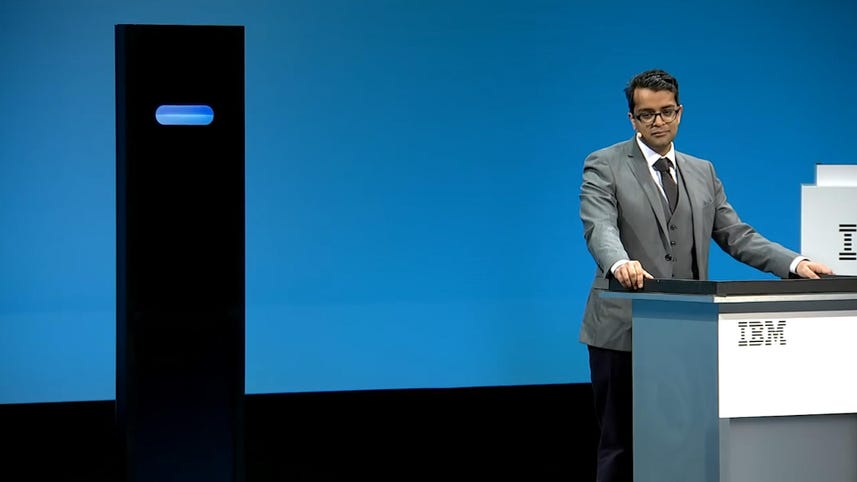
[APPLAUSE]
So now we move on to round two, rebuttals, and again, each side will have four minutes to respond to the opponent's arguments.
First, with her rebuttal, project evader arguing for the resolution, we should subsidize preschool.
Thank you again, for starters, I sometimes listen to opponents and wonder What do they want?
Would they prefer poor people on their doorsteps begging for money?
Or they live well with poor people without hitting in running water, giving opportunities to the less fortunate should be a moral obligation of any human being.
And it is a key role for the state to be clear, we should find the funding for preschools and not rely on luck or market forces.
This issue is too important to not have a safety net.
Next, I think Harish Natarajan raised the following issue.
There are more important things than preschools to spend money on.
The state budget is a big one, and there is room in it to subsidize preschools and invest in other fields.
Therefore the idea that there are more important things to spend on is irrelevant because the different subsidies are not mutually exclusive.
I believe the following example from a related field will explain what I am trying to say about subsidy policies.
Research shows that child care subsidies to low income parents enable those parents to enter and remain in the work force.
To be clear my intention is not to leave a suitcase full of money for everyone to grab at will.
We are talking about a limited, targeted, and helpful mechanism as in this example.
Let me wrap up this speech in a way that I hope you can relate to.
Advocating welfare is like offering your hand to someone who fell.
It's basic human decency.
Therefore, I think the motion should stand.
We should subsidize preschools.
That concludes my speech.
Thanks for listening.
[APPLAUSE]
Obviously you can get some knowledge just by searching for it.
But able to contextualize it and place it as this information tells us this Which I felt to be really useful.
So all the studies from the OECD, from those countries of those [UNKNOWN], were all just really interesting to me.
Because it was nicely phrased, and it was contextualized as to what the purpose of it is.
It was fascinating to listen to Because I can see a lot of the potential it has just in terms of the knowledge and the ability to contextualize that knowledge better than most human beings can.
You are a very good sport.
[APPLAUSE] [LAUGH]
What is interesting to see is that I think in terms of [UNKNOWN] skills the system is still not at the level Of a debater like [UNKNOWN].
That said, the system is capable of pinpointing relevant evidence.
We've seen a massive collection of-
[UNKNOWN]
So about 10 billion sentences that are in the memory of the system, and the system need to very quickly pinpoint these little pieces of text
That are relevant to the topic, argumentative in nature, and hopefully support our side of the debate.
Mm-hm.
And then somehow glue them together into a meaningful narrative, which is very, very difficult for a machine to do.